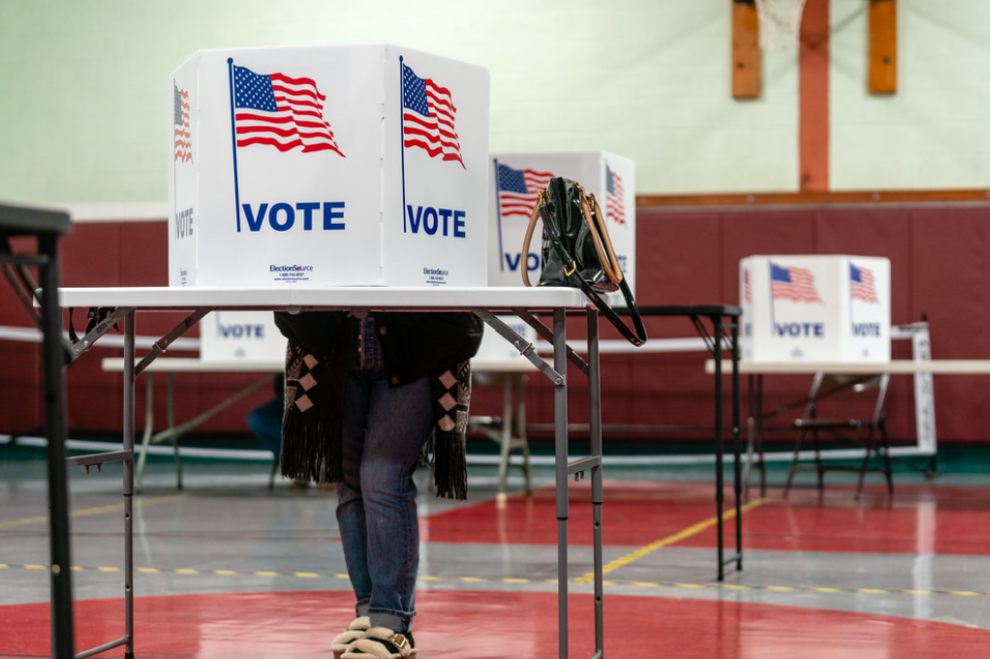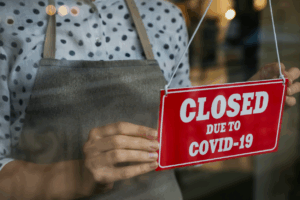The federal court ruling blocked executive action on election integrity.
Many Americans support voter ID laws and verification systems at the polls. According to recent polling, 84% of U.S. adults were in favor of requiring voters to show identification and 83% supported requiring proof of citizenship when registering to vote for the first time.
When the poll data was broken down by political party, it revealed that 67% of Democrats, 84% of Independents, and 98% of Republicans were in favor of mandating voter ID by law.
The party data showed that 66% of Democrats, 84% of Independents, and 96% of Republicans supported proof of citizenship as a requirement to vote.
However, a federal judge appointed by Clinton recently blocked a portion of President Trump’s executive order on election integrity.
Judge Colleen Kollar-Kotelly of the U.S. District Court for the District of Columbia struck down provisions in the order that were related to requiring proof of citizenship to register to vote.
Judge Kollar-Kotelly argued that Trump did not have the authority to issue such an order because the Constitution delegates control of election regulations to Congress and the states.
Kollar-Kotelly wrote, “Consistent with that allocation of power, Congress is currently debating legislation that would affect many of the changes the President purports to order. No statutory delegation of authority to the Executive Branch permits the President to short-circuit Congress’s deliberative process by executive order.”
Along with the majority of Americans supporting voter ID laws and President Trump’s actions focused on election integrity, Congress has been pursuing legislation to the same effect.
The House passed the Safeguard American Voter Eligibility (SAVE) Act earlier in April. The bill would require states to obtain proof of citizenship for those registering to vote in a federal election, while also mandating that all non-citizens be removed from voter rolls.
The bill needs to pass the Senate before reaching Trump’s desk to be signed into law.
According to recent analysis, there are 25 states considering bills that would mandate proof of citizenship with 40 states considering voter ID legislation.





